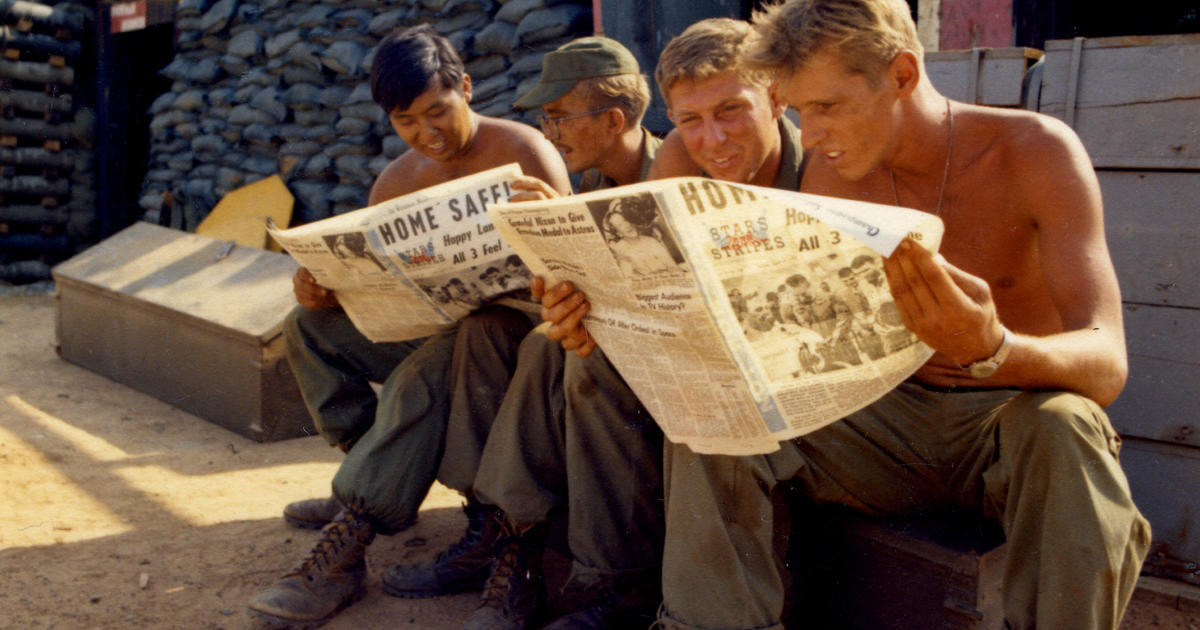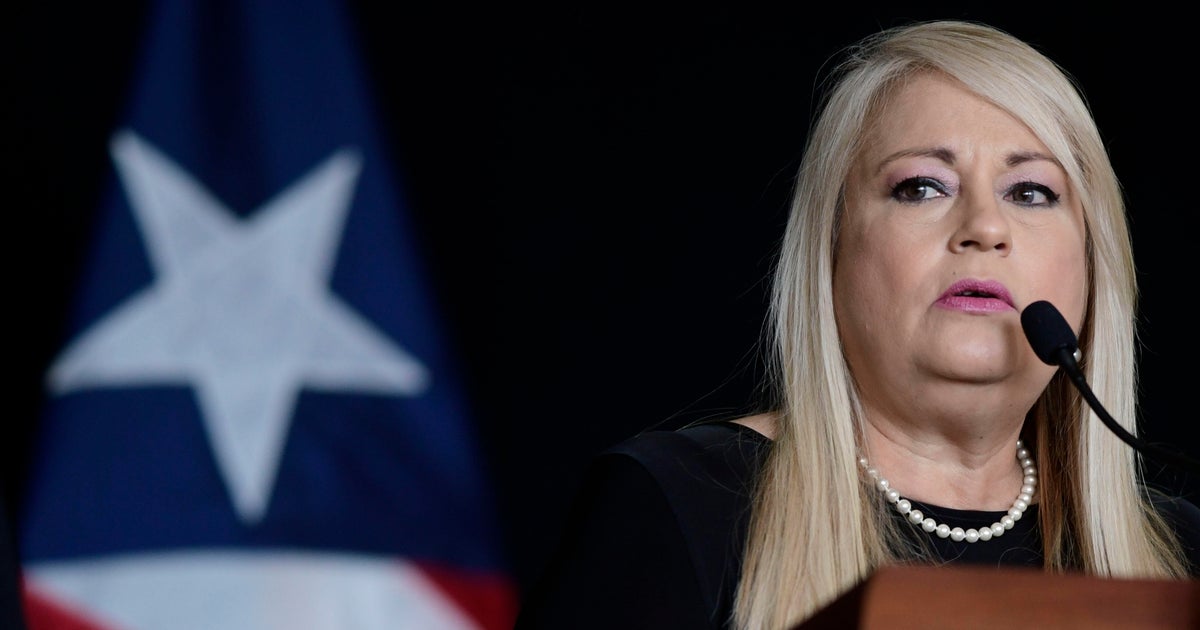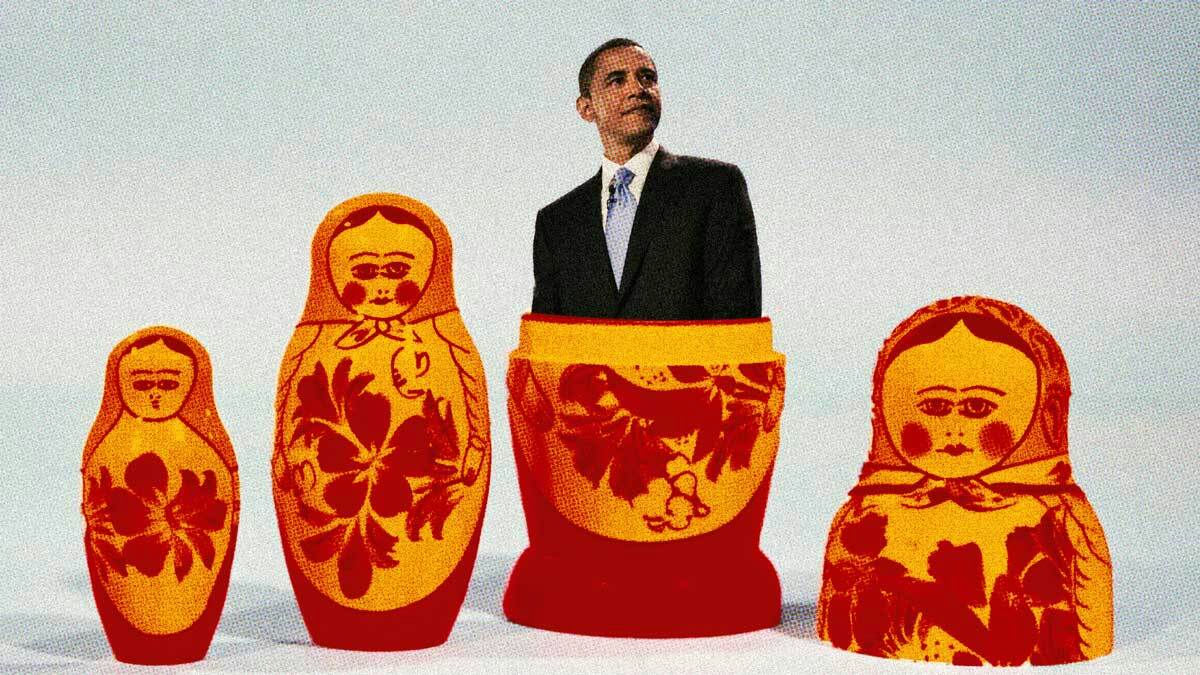Key revelations in John Bolton's new book about the Trump White House
Former national security adviser John Bolton's soon-to-be published memoir of his tenure in the White House levels some serious charges about President Trump's words and conduct in office in the nearly year and a half that Bolton spent in the job.
"The Room Where it Happened," over 500 pages long, details the president's fraught relationship with foreign leaders and his approach to foreign policy objectives, as experienced by Bolton. At various points in the book, he describes himself as "flabbergasted" or stunned by things the president said or tweeted. Mr. Trump has claimed Bolton made things up, while the director of national intelligence and the Justice Department accuse Bolton of wrongly publishing classified information.
Bolton, who spoke with the president about his contact with the Ukrainian president, was asked to share his information with the House during its impeachment inquiry, but did not do so voluntarily and was not subpoenaed.
Here are some of the key revelations and claims from Bolton's book:
Trump supported China's construction of "concentration camps"
President Trump and his campaign have made being tough on China a key campaign platform. But several passages in Bolton's book seem to undermine that argument.
In one of the more jarring passages of the book, Bolton claims the president voiced his support for concentration camps to Chinese President Xi Jinping during the 2019 G-20 world leaders summit.
"XI explained to Trump why he was basically building concentration camps" for the Uighurs, Bolton writes. "According to our interpreters, Trump said that Xi should go ahead with building the camps, which he thought was exactly the right thing to do."
On another human rights topic, in June 2019, the president dismissed the human rights protests in Hong Kong, saying, "I don't want to get involved," and "we have human-rights problems, too," according to Bolton.
The president also dismissed the Tiananmen Square massacre, suggesting it was a long time ago. "Who cares about it? I'm trying to make a deal," he said, according to Bolton.
Trump urged Xi to help him get reelected
Bolton also alleges that Mr. Trump pushed Xi in trade negotiations to agree to purchase American agricultural products in order to boost Mr. Trump's political standing with U.S. farmers and help him win reelection.
During a June 2019 conversation with Xi, Mr. Trump turned the conversation to the 2020 presidential election, Bolton writes.
"Trump then, stunningly, turned the conversation to the coming U.S. presidential election, alluding to China's economic capability and pleading with Xi to ensure he'd win. He stressed the importance of farmers and increased Chinese purchases of soybeans and wheat in the electoral outcome," Bolton said.
Bolton wrote in the book that he was prevented from publishing the president's direct words.
Bolton and Mulvaney learned Trump invited Kim Jong Un to the DMZ from the president's tweet
Bolton and then-White House chief of staff Mick Mulvaney learned of the president's invite to Kim Jong Un to meet him at the Korean Demilitarized Zone (DMZ) through the president's Twitter feed.
"Mulvaney looked just as flabbergasted as I was. I thought the tweet was a throwaway," Bolton writes.
But it wasn't a throwaway tweet. The photo op took place in June 2019.
"I felt sick that a stray tweet could actually result in a meeting," Bolton wrote.
Trump seemed unaware Britain is a nuclear power
Bolton suggests that during a conversation between the president and Prime Minister Teresa May on Russia, the president appeared not to know Britain is a nuclear power. The discussion turned to Russia's hit job on a defected former Russian intelligence agent and his daughter, which a British diplomat described as a chemical-weapons attack on a nuclear power.
"Trump asked 'oh, are you a nuclear power?' Which I knew was not intended as a joke," Bolton writes.
Bolton claims his testimony wouldn't have changed the impeachment outcome
The former national security adviser says he thinks the House should have broadened its purview for its impeachment inquiry.
"Had the House not focused solely on the Ukraine aspects of Trump's confusion of his personal interests (whether political or economic), but on the broader pattern of his behavior — including his pressure campaigns involving Halkbank, ZTE and Huawei among others — there might have been a greater chance to persuade others that 'high crimes and misdemeanors' had been perpetrated," he writes.
But Bolton, who could have testified about the president's alleged actions during the impeachment saga, said he doesn't think it would have made a difference.
"Had a Senate majority agreed to call witnesses and had I testified, I am convinced, given the environment then existing because of the House's impeachment malpractice, that it would have made no significant difference in the Senate outcome," Bolton writes.
"The Room Where it Happened" was published by Simon & Schuster, a division of ViacomCBS.





